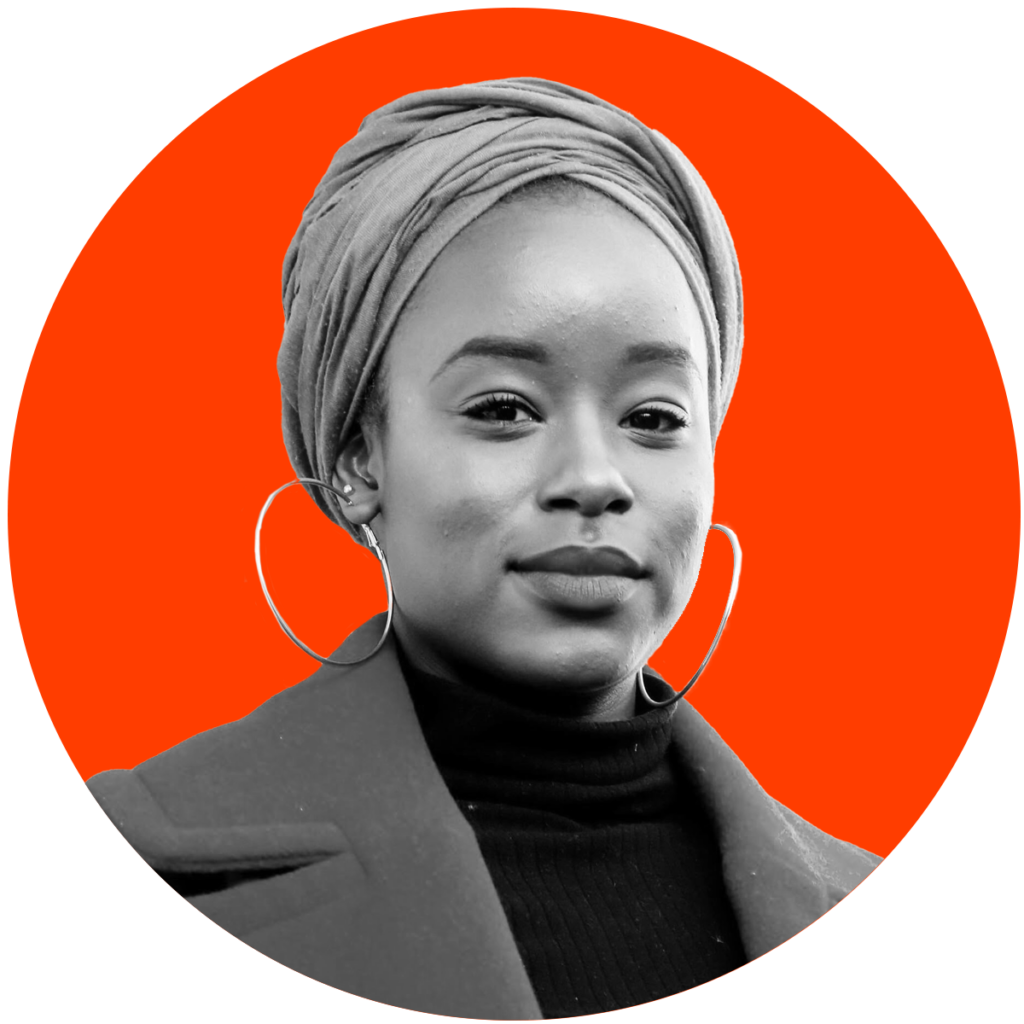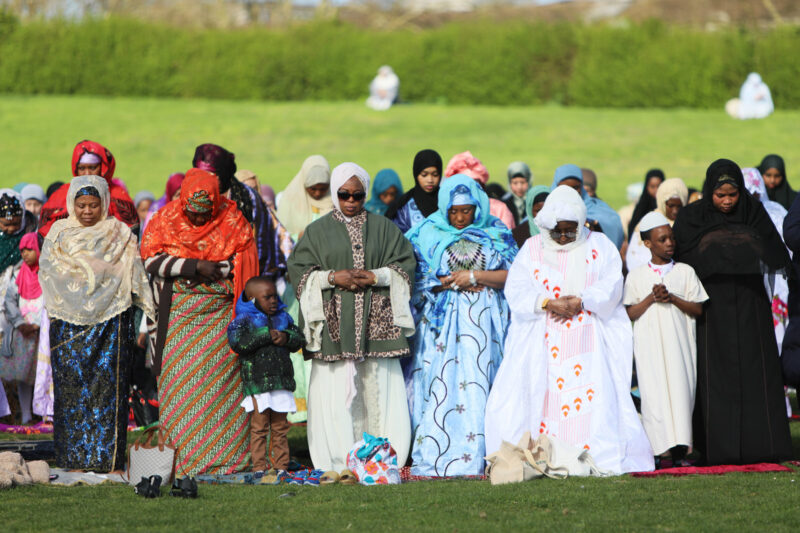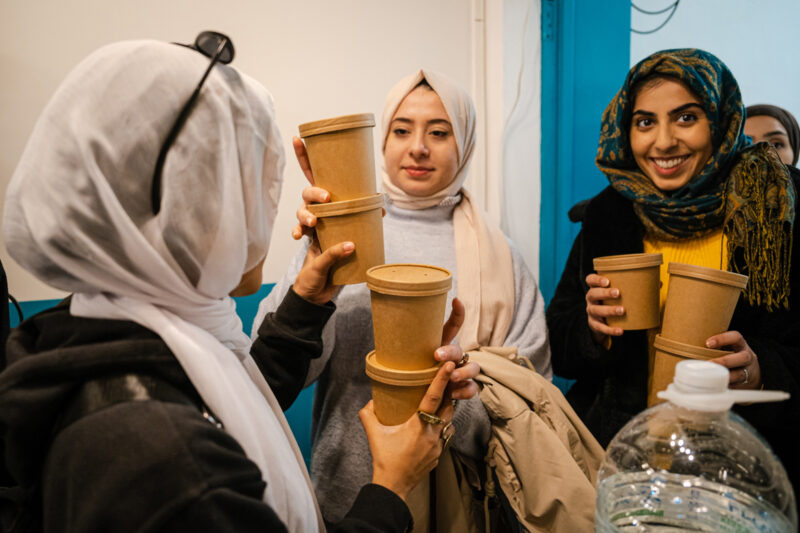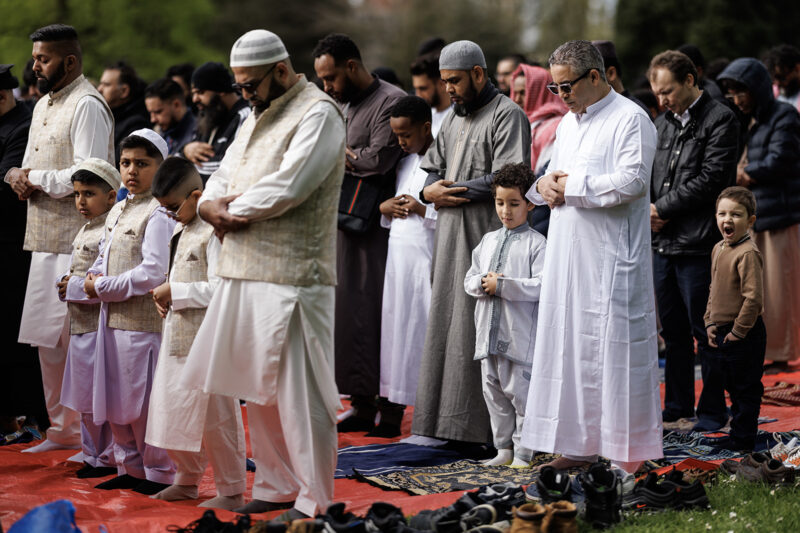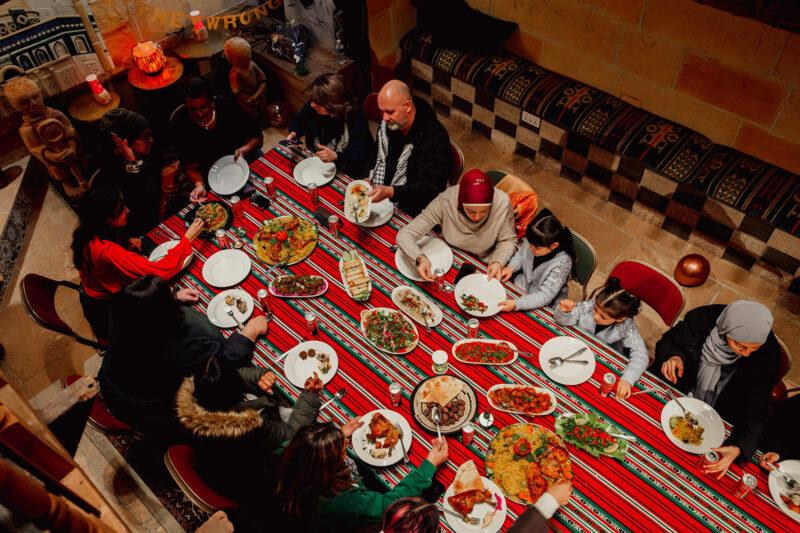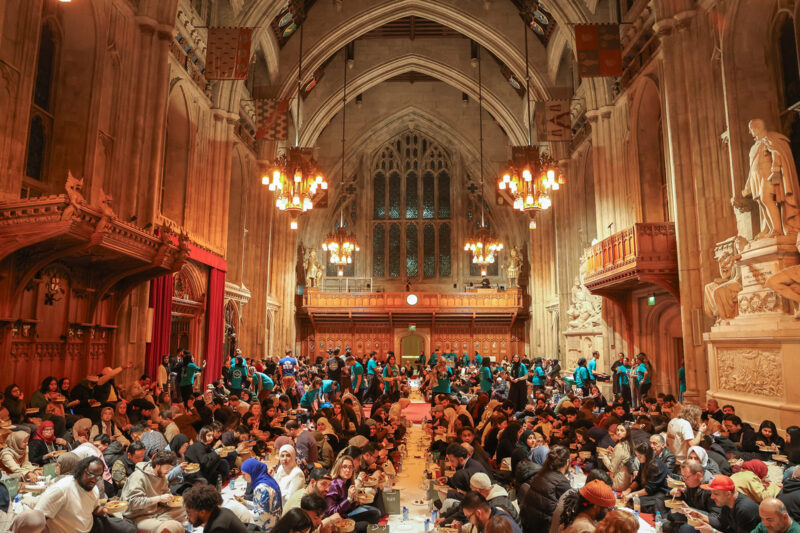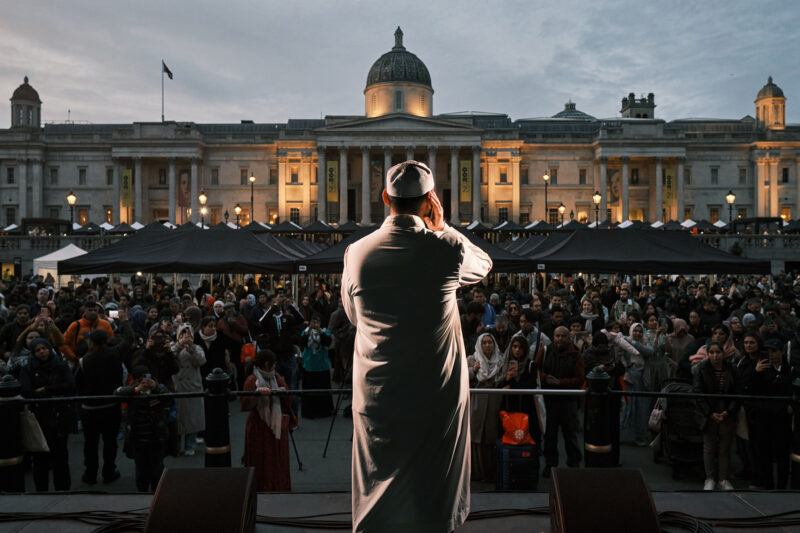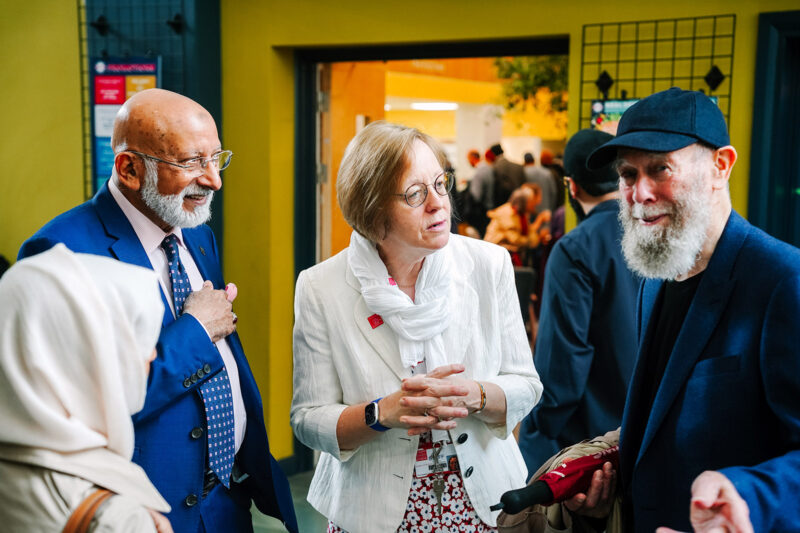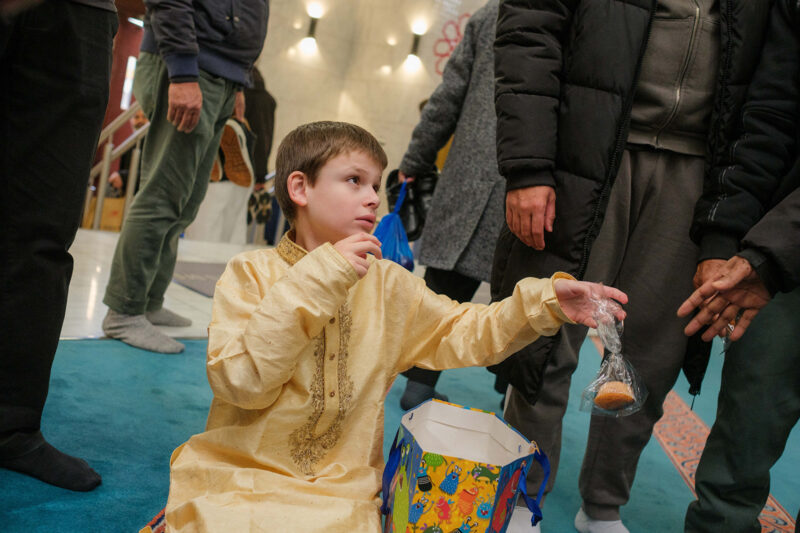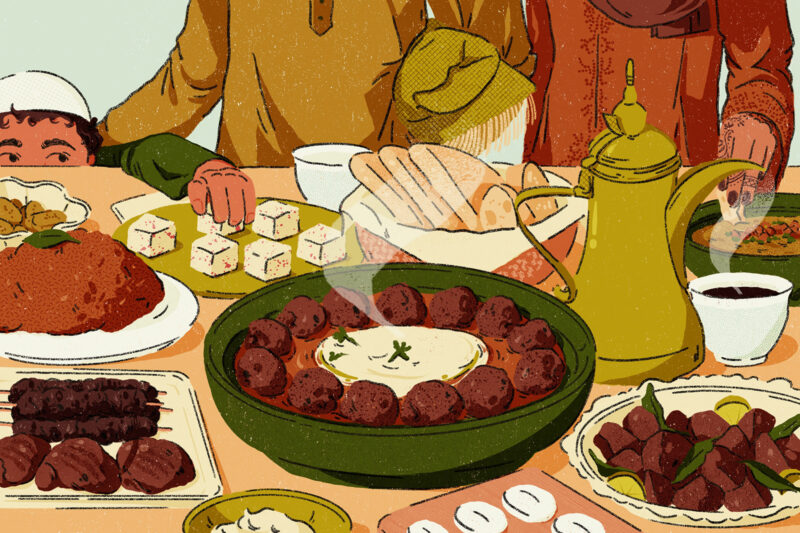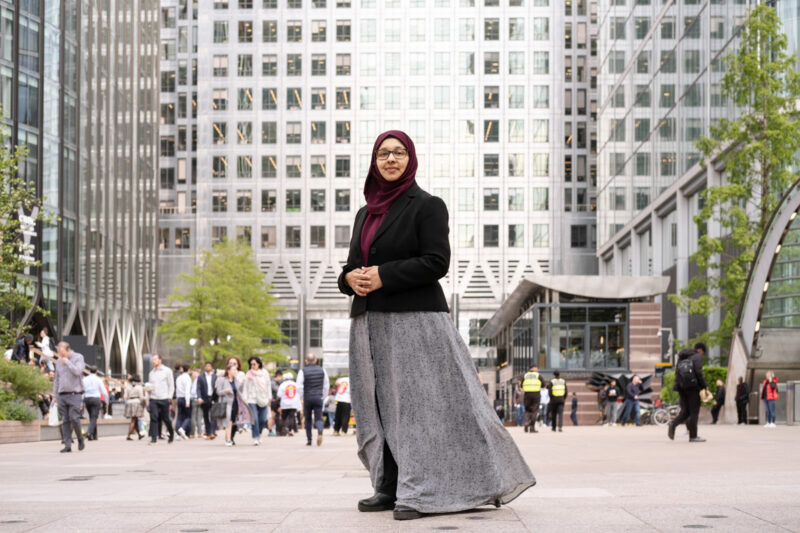Islam and the wonder of the night sky
A series of events at the Royal Observatory Greenwich highlights the many contributions to astronomy made across the Muslim world
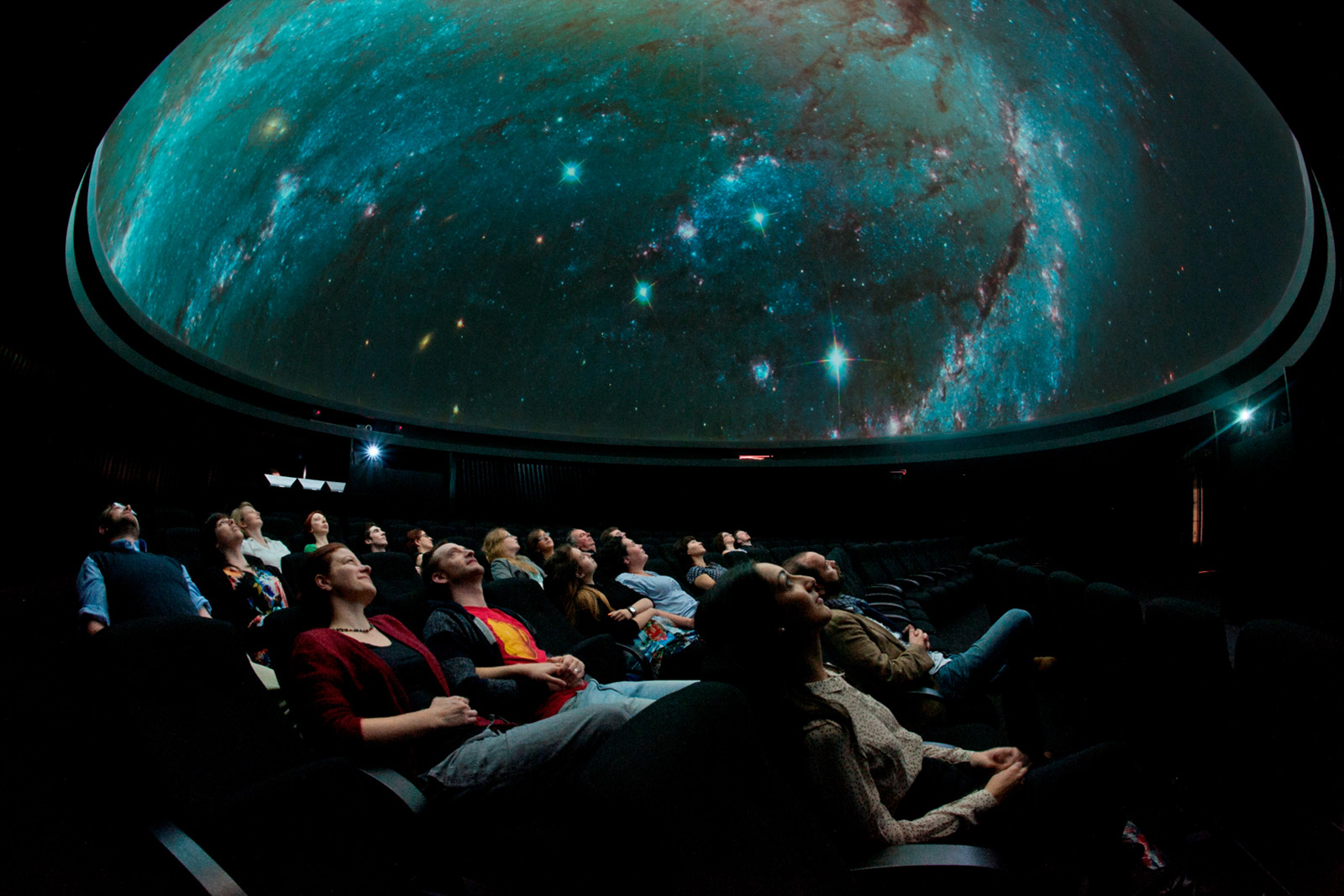
At the Royal Observatory Greenwich, a programme of planetarium shows over the next seven months, from 26 April, offers a different way of looking at the night sky. Astronomy and Islam explores how astronomy is woven into the daily lives of Muslims — from determining prayer times and finding the direction of Mecca, to marking the start of Ramadan and other Islamic months.
Astronomy and Islam is an occasional programme of events, developed in partnership with the Muslim-led community astronomy group New Crescent Society. Since its first series of shows, held in 2017, it has become one of the observatory’s most popular draws, with tickets regularly selling out. Each show runs the weekend before the predicted sighting of the new crescent moon, giving people a chance to learn how to sight the event for themselves.
“We bring the science, and the New Crescent Society bring the religious and cultural expertise,” says Jake Foster, a public astronomy officer at the Royal Observatory. “Together, we’ve created something genuinely meaningful for the community.”
As well as teaching people how to spot the new crescent moon, Foster hopes that the events also highlight a part of scientific history that all too often goes ignored.
“Arabic astronomers like Al-Sufi, who created some of the earliest imagery of the constellations, laid the foundations for the Greeks and the Romans and informed what we know today,” he says. “I hope visitors walk away with an appreciation of how important a role Islam has played in modern astronomy.”
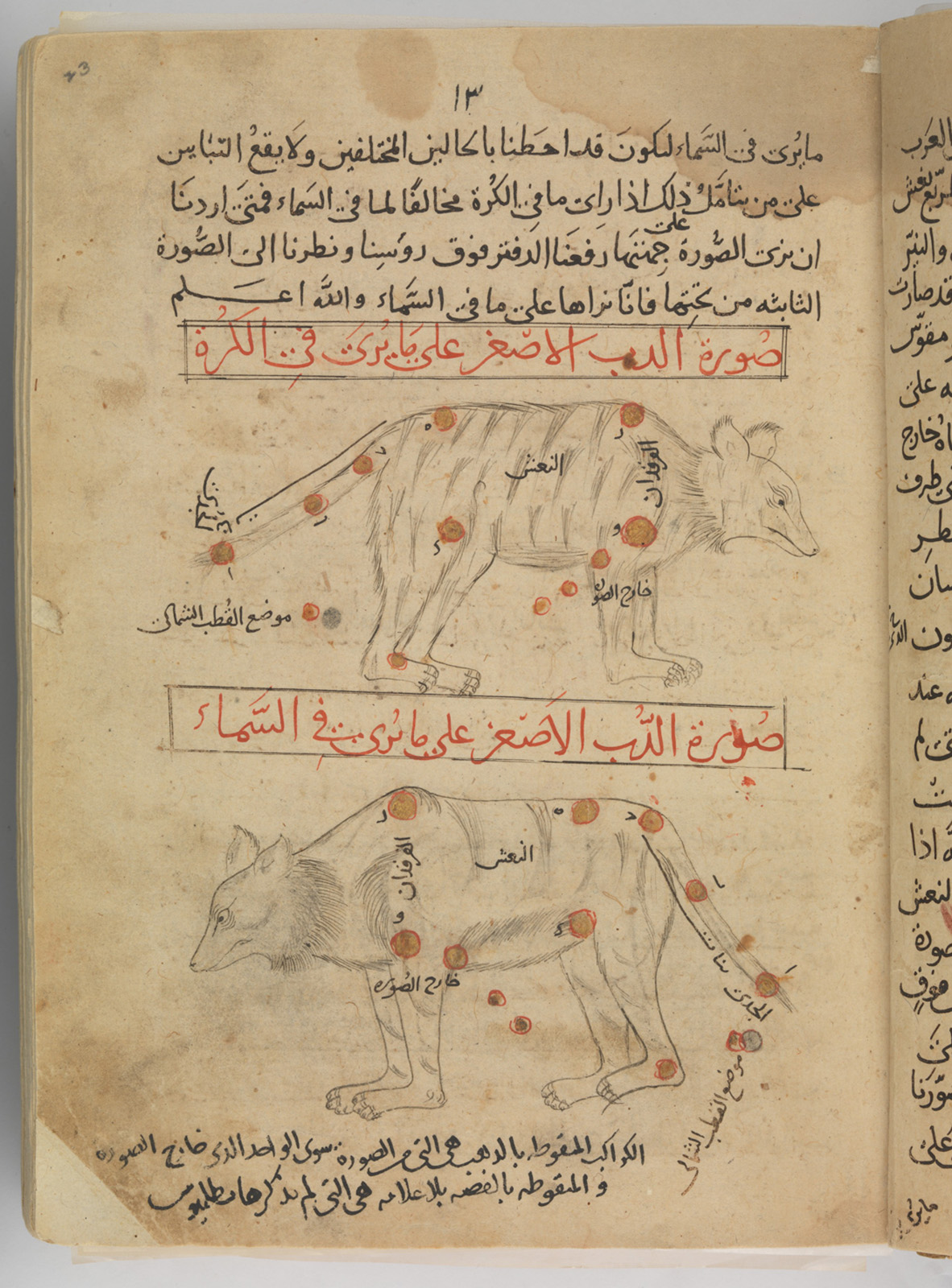
Foster also sees the programme as a counterpoint to the idea that science and religion do not mix. “We want people to walk away feeling excited about moon sighting,” says Foster. “It’s not just a calendar exercise. It’s an emotional, joyful moment for many people. Some describe seeing the crescent moon as bringing them to tears.”
Here’s what to expect from the series:
Introduction, 26 April
The session introduces the important ways astronomy is used in Islam, from moon sighting, setting prayer times and calculating the direction of prayer. Visitors will learn how to spot the new crescent moon, explore the role Arabic astronomers played in shaping modern astronomy and hear some of the stories behind the Arabic constellations.
Astronavigation, 25 May
Long before compasses and GPS, Arab travellers used the stars to guide themselves across oceans. This show looks at how stars helped early explorers navigate the world, how the night sky changes over time and how to use celestial objects to help navigation.
The Sun, 22 June
From dawn to dusk, the position of the sun helps determine the five daily prayer times for Muslims around the world. This show also explains how the sun’s position is used to figure out the qibla — direction of prayer.
Family special, 19 July and 19 October
A fascinating session that tells the Arabic stories linked to constellations visible on the night of the show, as well as the significance of the new crescent moon. Aimed at children aged seven and under, the aim of the event is to make science fun and accessible.
Prophet’s birth, 23 August and 20 September
Taking a more spiritual approach, this show explores what the sky might have looked like on the night Prophet Muhammad was born.
“Because our understanding of the night sky is so accurate, we can essentially turn back the clock,” Foster says. “It’s not about saying ‘this is exactly what happened’ — it’s about giving people a sense of what the heavens might have looked like at such a significant moment.”
Expect to come away from this reflective and moving session considering how people throughout history have looked up at the stars with wonder.
 Newsletter
Newsletter

